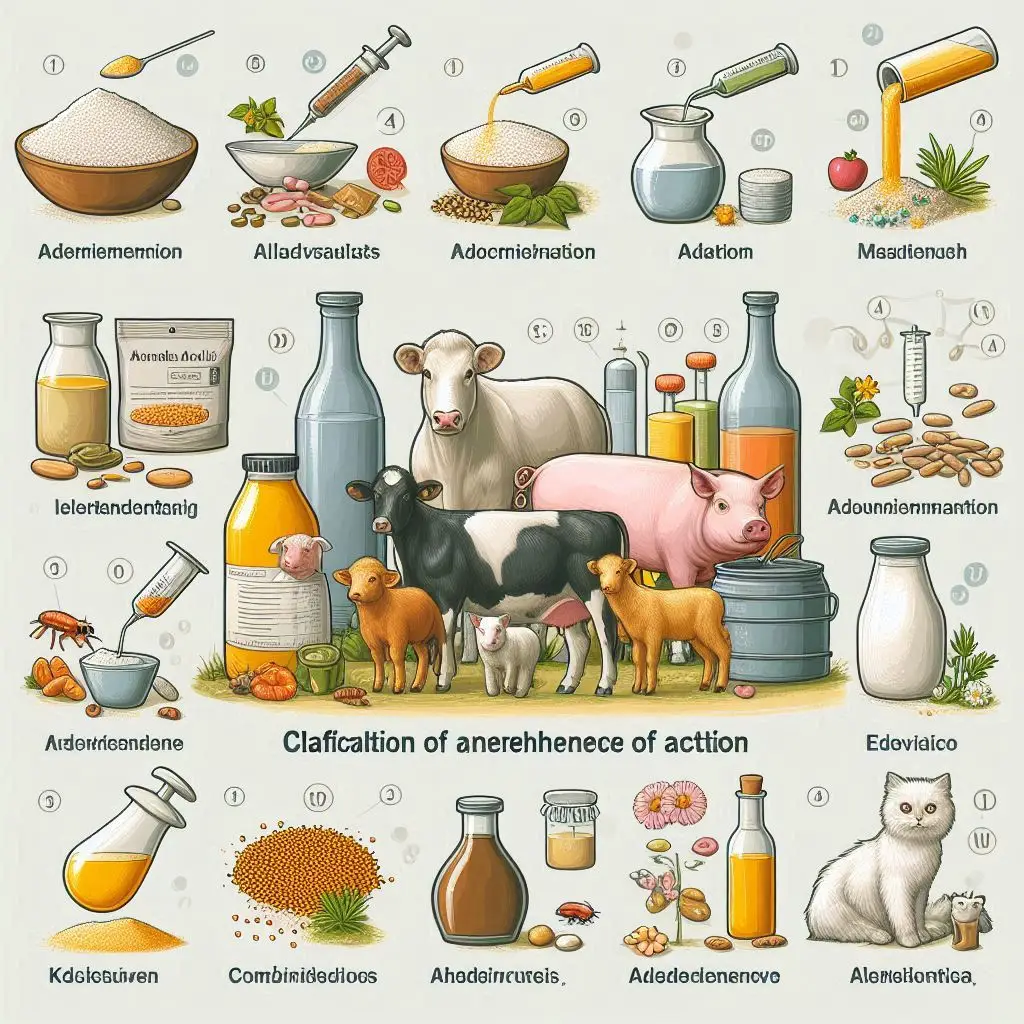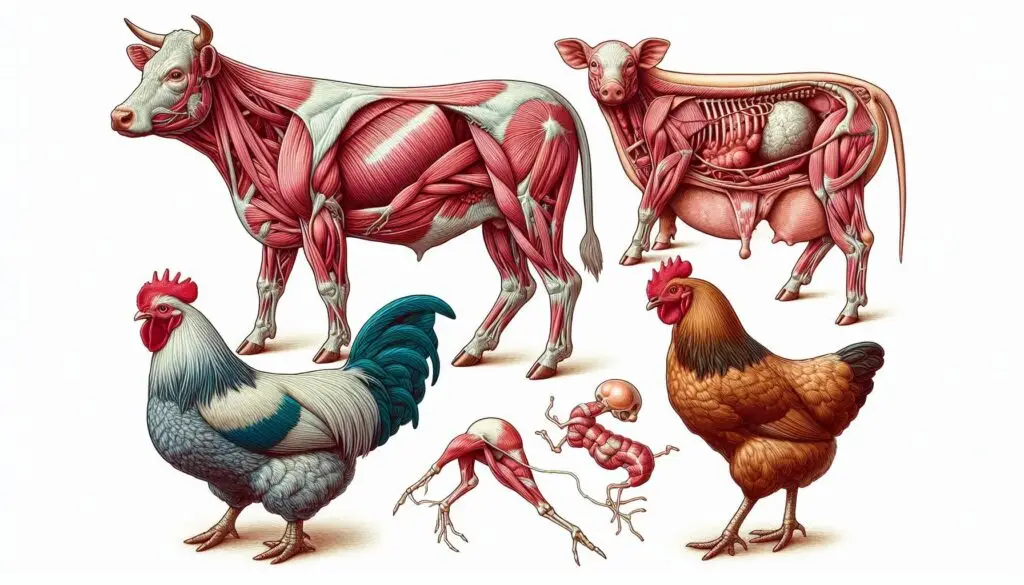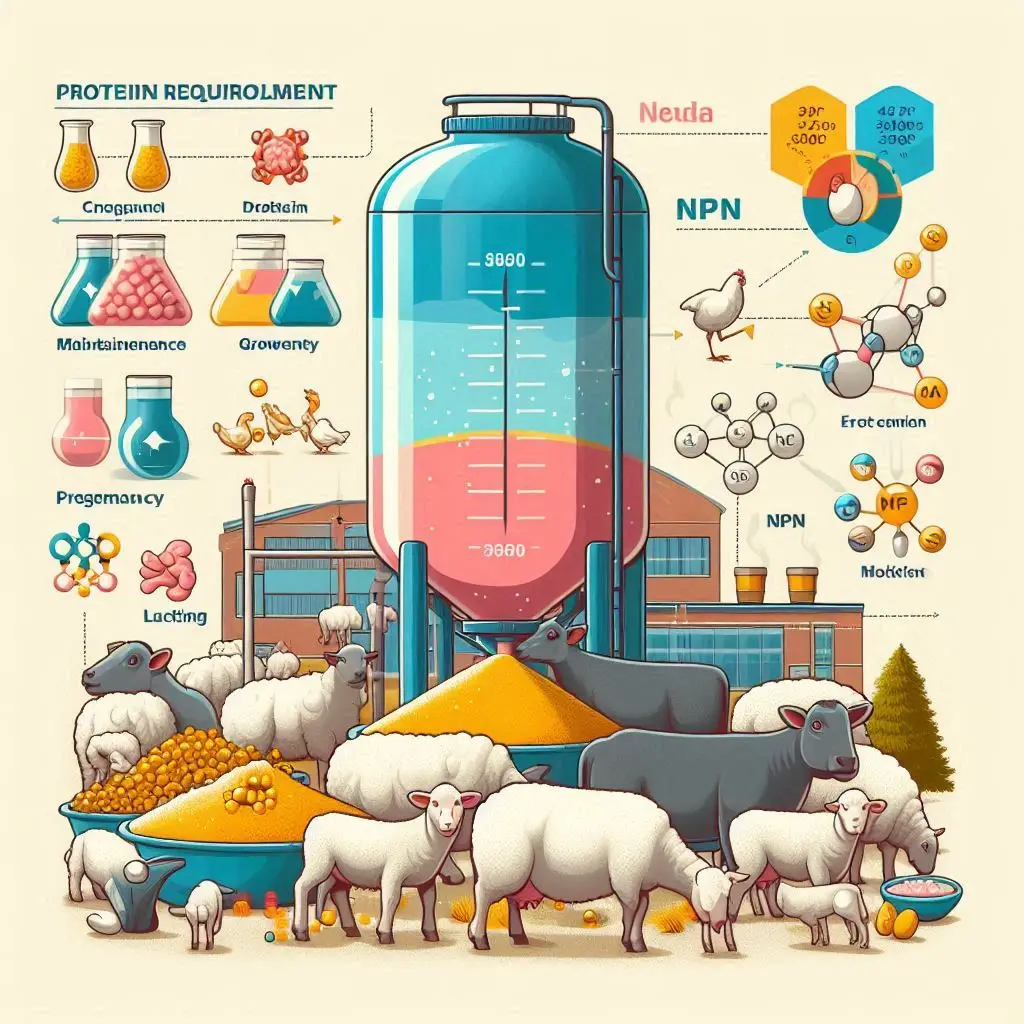Classification of Feed Additives

Feed additives play a crucial role in animal nutrition, enhancing feed intake, digestion, growth, and overall health. This article explores various categories of feed additives, their functions, and their significance in livestock management.
1. Additives That Enhance Feed Intake
Flavoring Agents
Flavoring agents are essential for increasing feed palatability, especially during challenging times such as medicant use, disease outbreaks, or when animals are under stress. These additives help maintain feed intake when less palatable ingredients are used. Ruminants, for instance, tend to prefer sweet compounds, while other species may respond positively to specific salts or flavors.Antioxidants
Antioxidants prevent oxidative rancidity in feed, which can compromise nutritional value. They help preserve essential vitamins and improve the overall quality of feed, thereby promoting better intake and utilization.
2. Additives That Facilitate Digestion and Absorption
Buffers and Neutralizers
These additives are crucial in ruminant diets to prevent acidosis, a condition that can severely affect digestion and overall health. Maintaining a balanced pH in the rumen is essential for optimal digestion and nutrient absorption.Enzymes
Enzymes act as catalysts for biochemical reactions, enhancing feed efficiency and nutrient utilization. They are particularly beneficial in poultry diets, improving digestion and overall performance.
3. Additives That Promote Growth and Production
Antibiotics
While antibiotics have been traditionally used as growth promoters in young livestock, their use must be approached with caution due to potential health risks and resistance issues. When used judiciously, they can spare protein and improve growth under specific conditions.Probiotics
Probiotics are live microbial supplements that help maintain a balanced intestinal microbiome, leading to improved growth rates and feed efficiency. They are increasingly favored as a natural alternative to antibiotics in animal nutrition.
4. Additives That Alter Metabolism
Hormones
Hormonal implants are used to stimulate growth and fattening in meat-producing animals. However, concerns regarding hormone residues in meat and milk necessitate careful management and regulation of their use.
Conclusion
The use of feed additives is essential for optimizing animal health and productivity. By enhancing feed intake, facilitating digestion, promoting growth, and altering metabolism, these additives contribute significantly to sustainable livestock production. As consumer awareness and industry standards evolve, the demand for natural and non-residual alternatives continues to rise, leading to increased research and development in this area.






kindly incoporate more examples in your notes to make it look more convincing to the examiners